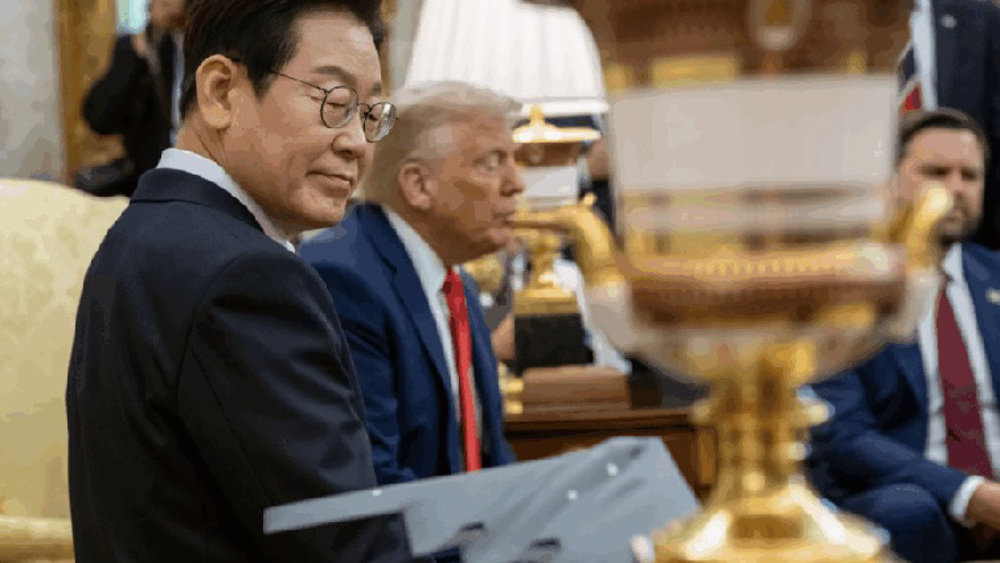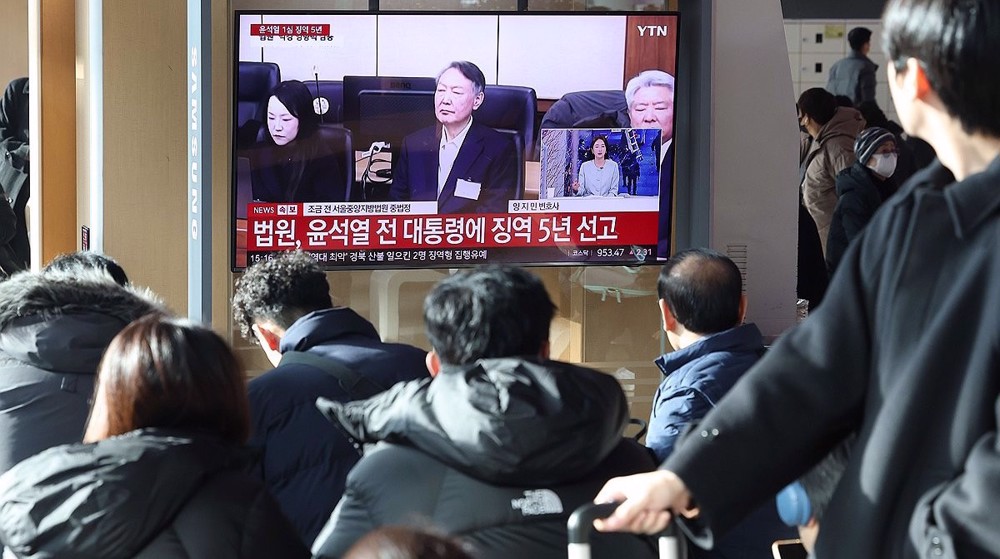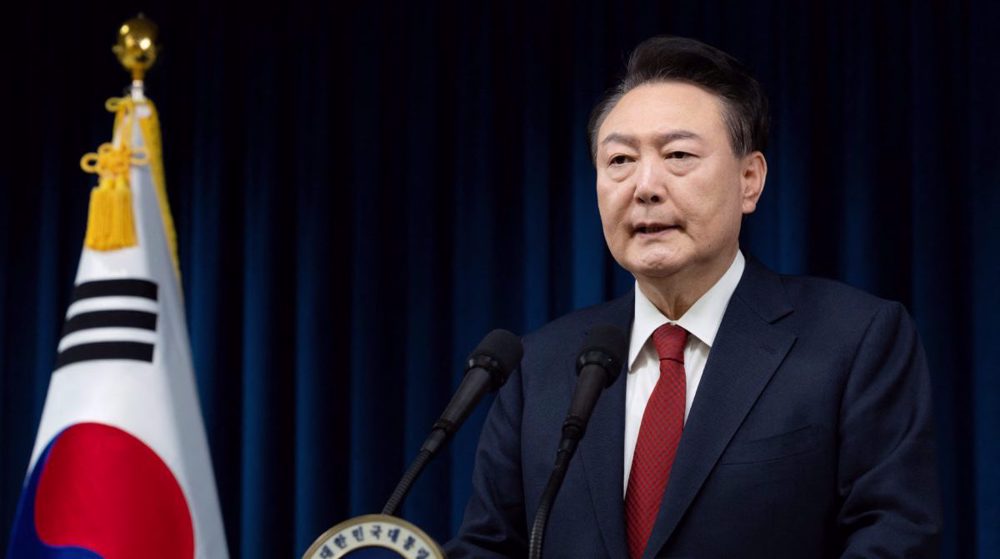US, China agree on tougher sanctions against North Korea: Diplomat
The United States and China have agreed on a fresh round of tough sanctions to be enforced by the United Nations Security Council against North Korea in response to Pyongyang’s latest nuclear test, a senior UN diplomat says.
The top Security Council diplomat, speaking on condition of anonymity, told Reuters that the sanctions have been laid out in a “very meaty” draft document to be put to a vote as early as next week.
The source explained that China was “comfortable with the draft in terms of the content” but that Russia had expressed reservations about it. The Russian concerns, the diplomat said, were however unlikely to get in the way of a yes vote on the sanctions. The source said Beijing had the capability to get Moscow on board.
Russia, China, and the United States all hold veto powers at the Council. So do France and the UK.
North Korea conducted its fifth and biggest nuclear test on September 9, prompting the Security Council to announce that it would begin to prepare a fresh round of sanctions against Pyongyang following the test.
Tightening the screws
The UN diplomat further said that France and the UK were also “getting very close” to the US’s position on the draft resolution. The source added that the new draft plugs the loopholes that currently exist in the UN sanctions that were applied against North Korea in the wake of the country’s fourth nuclear test in January.
The source further said that the new sanctions would target Pyongyang’s coal mining sector, including its exports to China, North Korea’s main trading partner and ally, a punitive measure that could deprive the sanctions-hit country of tens of millions of dollars in revenue.
China’s coal imports from North Korea have soared during the past months.

According to the diplomat, the draft also blacklists a number of new officials and entities allegedly linked to Pyongyang’s ballistic and nuclear activities for targeted sanctions of global travel bans and asset freezes.
The UN has already adopted five rounds of crippling sanctions on Pyongyang since it first tested an atomic device in 2006.
Despite the sanctions and other forms of international pressure, Pyongyang has pledged to strengthen its military capability to protect itself from the threat posed by the presence of the US forces in the region.
Pyongyang says it will not abandon its nuclear military program unless Washington ends its hostile policy toward North Korea and dissolves the US-led command in South Korea. Thousands of US soldiers are stationed in South Korea and Japan.
Israeli tank fires on Lebanese army during joint UN mission in south Lebanon: Report
Iran certain to deliver decisive response to Trump’s threats: Senior commander
Netanyahu skipped Davos amid arrest fears: Reports
VIDEO | West’s support for terror in Iran
VIDEO | Press TV's news headlines
More Europeans see Trump as 'enemy' than 'friend': Survey
Ukraine war talks begin in UAE as Russia repeats Donbas demand
Iran slams UNHRC session as illegitimate, says no submission to foreign pressure













 This makes it easy to access the Press TV website
This makes it easy to access the Press TV website